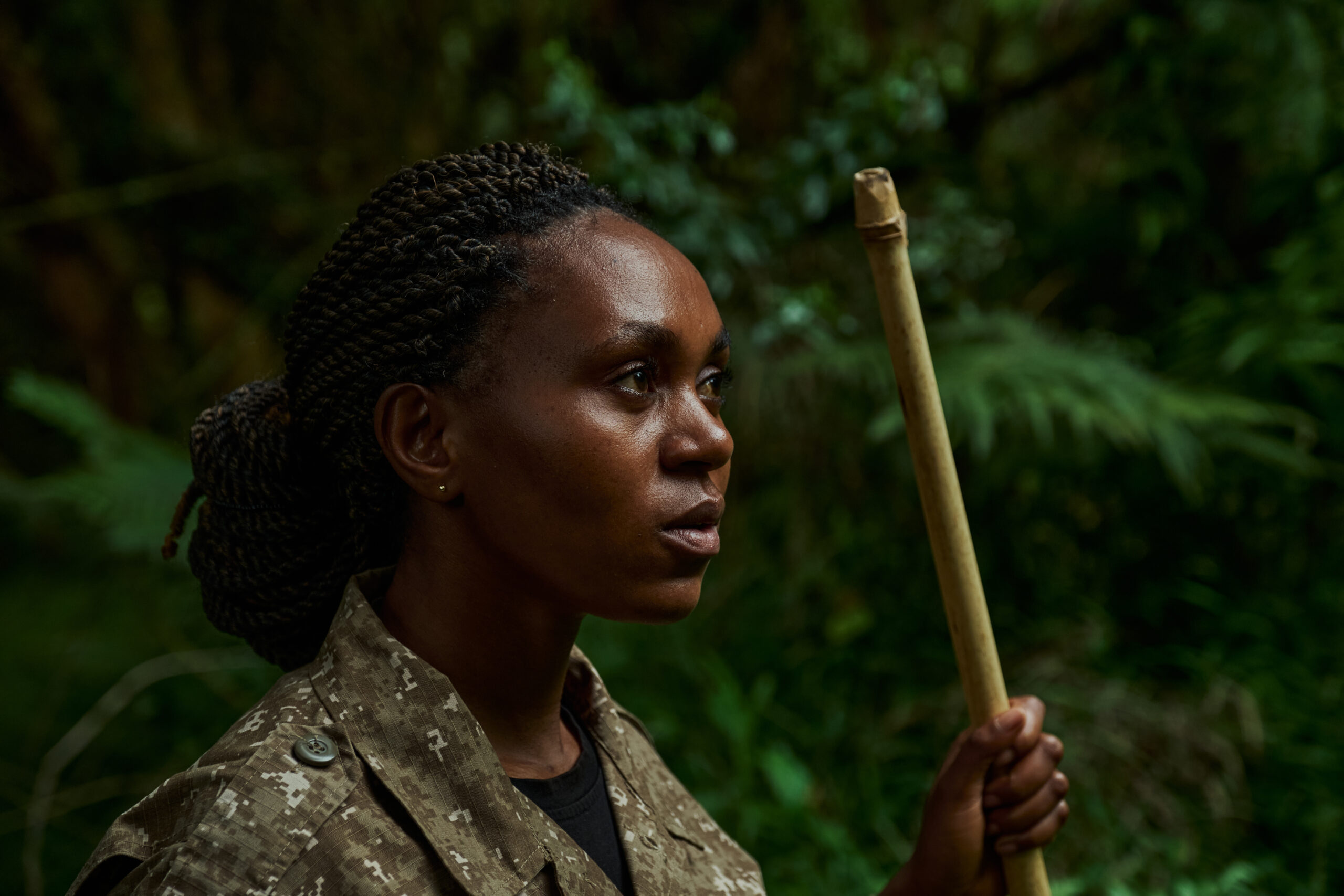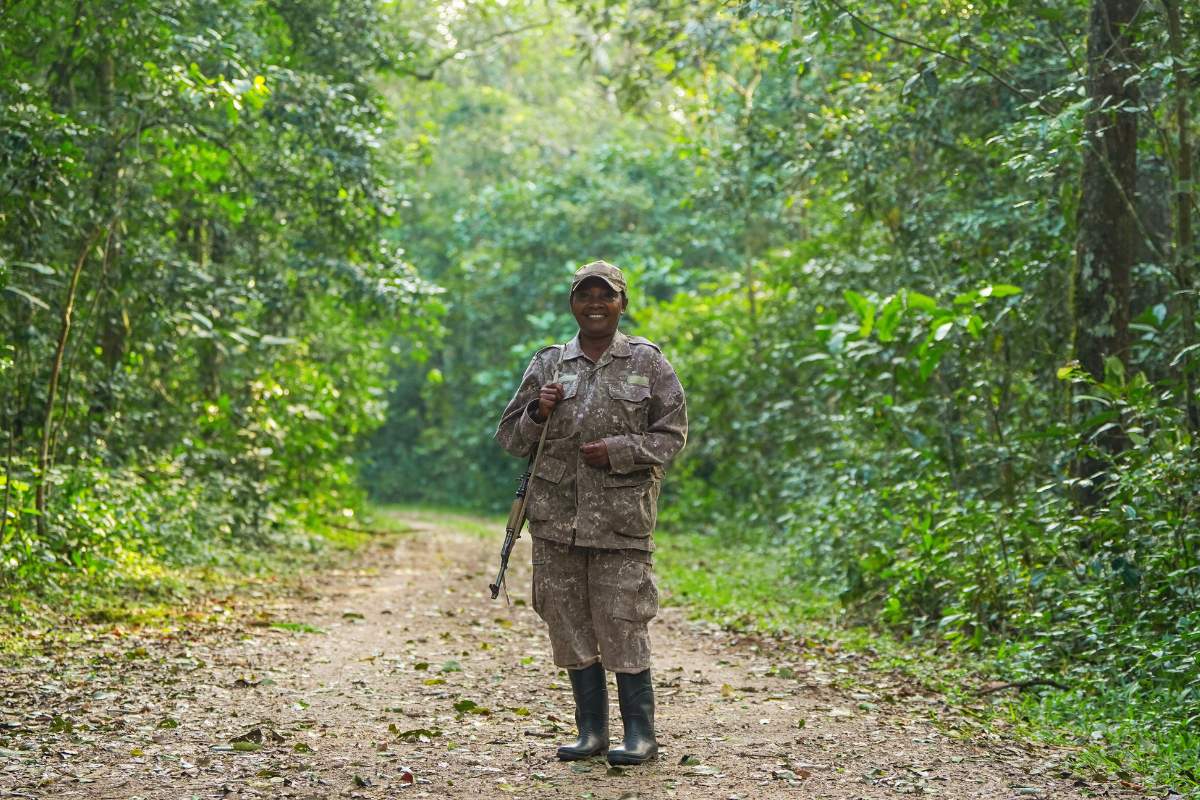Wingfield Refugee Camp
CODE RED: A Story About Period Poverty
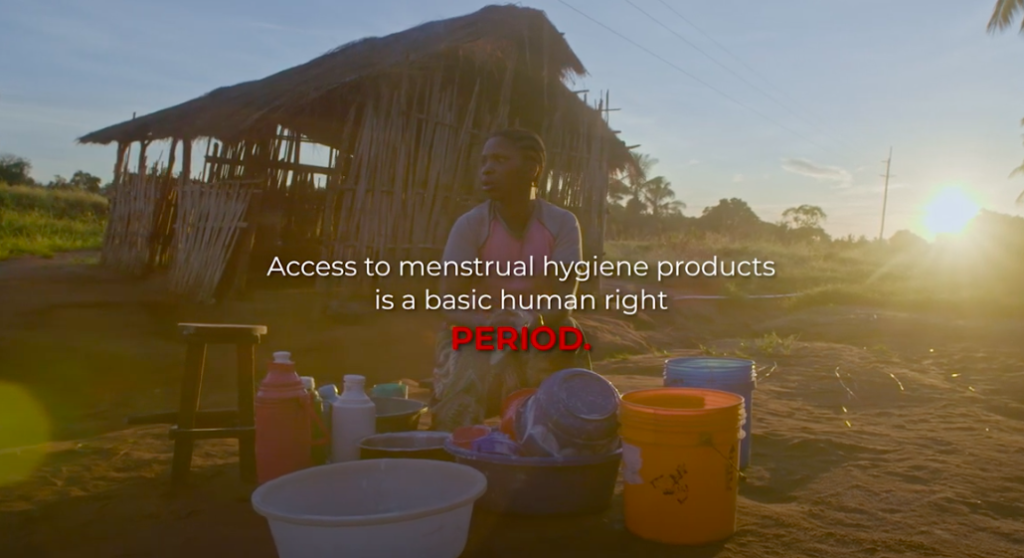
‘Code Red’ is the story of a few women who represent millions of women and girls around the world going through a similar struggle – period poverty. According to the National Institutes of Health it can be defined as ‘a lack of access to safe and hygienic menstrual products during monthly periods and inaccessibility to basic sanitation services or facilities as well as menstrual hygiene education’. Statistics show us that 30% of young women and girls in South Africa experience period poverty. 500 million women and girls worldwide experience period poverty.
This film focuses on the overlooked topic of period poverty through the stories of a few women living in the Wingfield Refugee Camp in Cape Town, South Africa. Young women, girls, and community members are fighting various elements of period poverty, such as: cost issues (pink tax), re-usage of menstruation materials, incorrect materials, disrupted education/recreation, and overall the stigma that comes within even discussing a menstrual cycle.
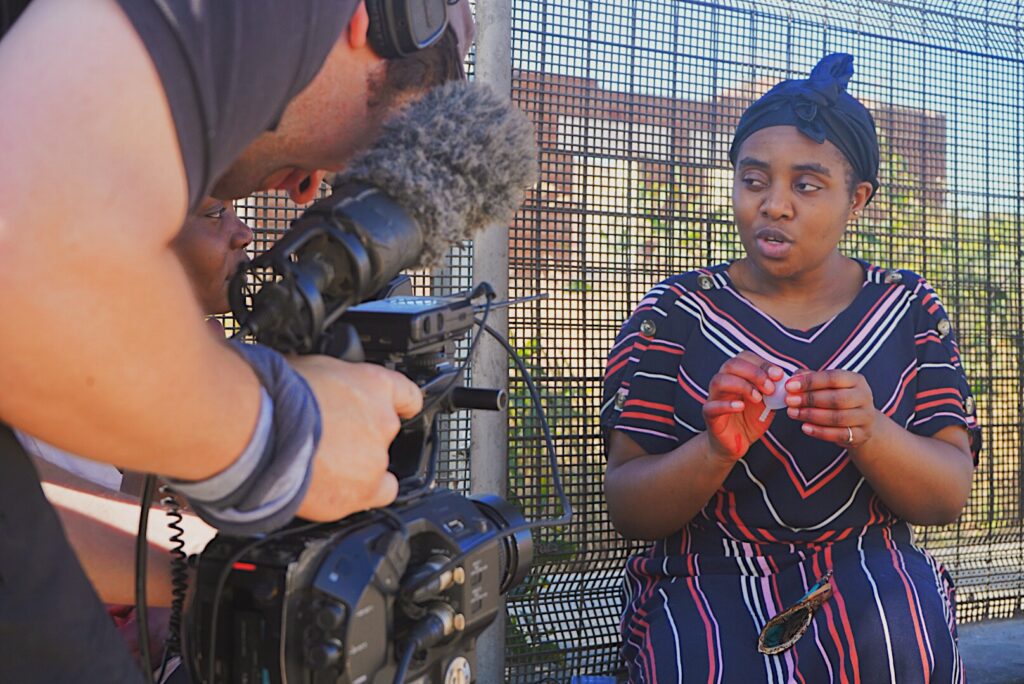
One of the women leading in the fight against period poverty is Tilda Wilondja, a young refugee from DRC and she states in the film how she sees women have to “choose between buying menstruation products or feeding their family”. The pressure of homemaking is a reality many women and girls face everywhere, and their duties of daily life are hindered by a lack of access to these products, and fundamentally an education of the options available for menstruation products.
The economy of menstrual products also contributes to the struggles of period poverty. The average woman in South Africa will spend R600 for pads/tampons. A fate for many women and girls experiencing period poverty is to use menstrual products for an extended amount of time or to use incorrect materials, such as: rags, leaves, corn cobs, towels, old socks, old shirts torn apart. This results in unhygienic conditions for women and girls and can result in yeast infections, UTIs, reproductive tract infections, and fungal infections.
As Menstrual Hygiene Day approaches (28 May) we need to keep encouraging discourse and action about period poverty and ‘Code Red’ is a film that helps promote that conversation. Organisations like MPower Project and the Nahimana Migrant Support have come together to address the menstrual product insecurity within the Wingfield camp community. Together they are helping to address period poverty.
“We thought it was normal for a girl to not play a sport.
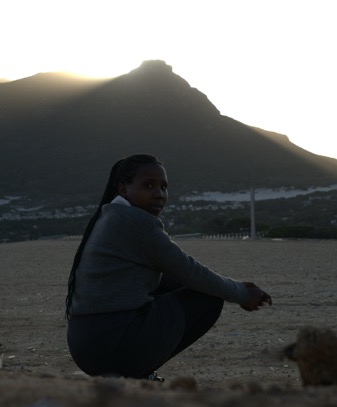
We thought it was normal for a girl to just skip school.”
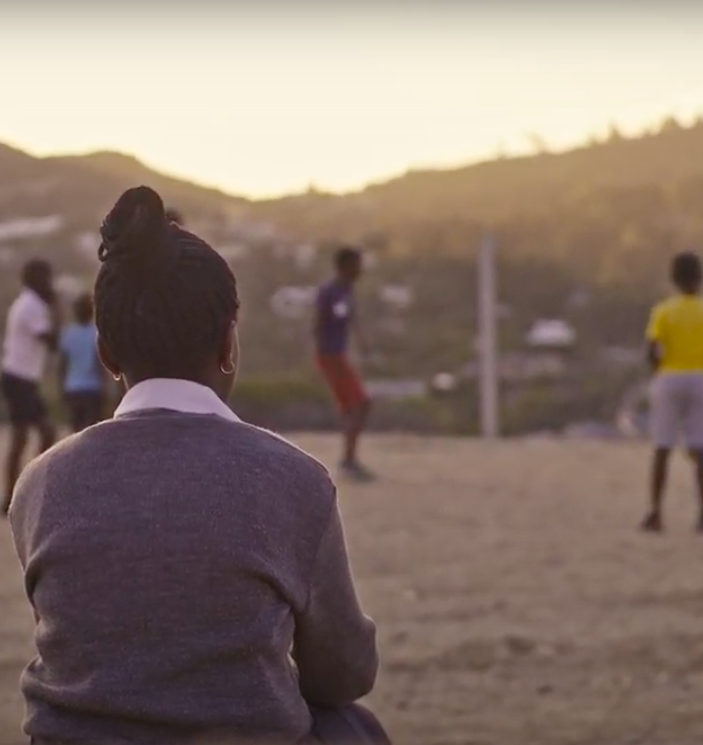
Disrupted education is a huge threat to young women and girls who experience period poverty. Research from 2016 via Stellenbosch University states that 2.6 million young girls aged 9 to 20 did not attend school due to a lack of materials. That means roughly 60 days are potentially lost due to period poverty – two months of work that could have been young girls developing the skills needed for their future and the learning that could potentially lead them to their dreams. The story of the Wingfield Refugee Camp is one of hope, that by community members coming together and being unapologetic about their menstrual cycle issues we can help to push the conversation forward and remove the stigma of the natural body process that is the menstrual cycle.
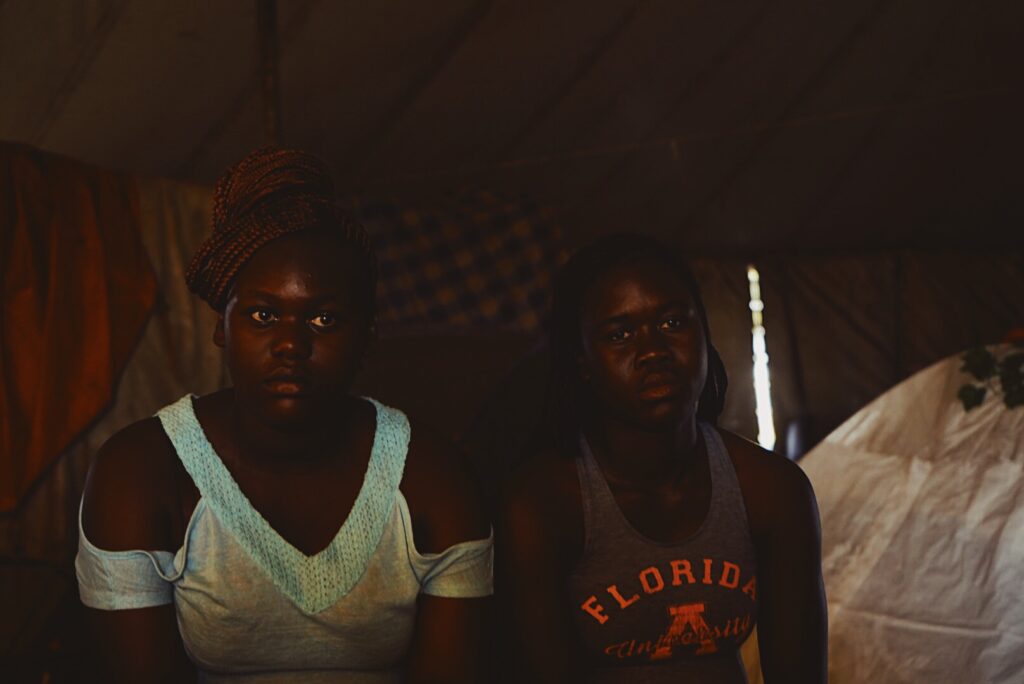
“Menstruation is a sign of health and life. Women and girls should not be shamed.”
Period poverty is an issue that impacts millions of women and girls across the world. Living in a refugee camp exacerbates pre-existing vulnerabilities. One of the invisible effects of period poverty is the psychological toll of the stigma, passed down from generation to generation, that the menstrual cycle is something that should be secret. It should be addressed in private and sometimes not at all and it acts as a “ghost” for women and young girls that comes to haunt them once a month. Feeling ashamed about a natural function, especially captured by the opposite sex – not enough men or boys are comfortable enough to even acknowledge the menstrual cycle, this is where education is also required.
But through ‘Code Red’ we see how an effective change can be made by the community coming together – Fabrice Nahimana from the Nahimana Migrant Support Foundation heard about the struggles of Tilda and other women and girls in the refugee camp, and dedicated his time to learning about period poverty, and what exactly were the key pitfalls. Women in the camp are unable to afford sanitary pads or tampons due to their exorbitant pricing and pink tax – the solution was to partner with MPower Menstrual Cup who specialise in the use of menstrual cups. They were able to provide 70 menstrual cups to the female population in the camp. The MPower Cup can last up to 10 years, saving those migrant refugees roughly R6 000 if they were buying pads/tampons.
The MPower Project is one of the alternative futures for menstrual products and more women and girls should know about the products available to them. With the courage of young women like Tilda driving awareness forward, and migrant support networks it is possible to address period poverty in South Africa and give women and girls their lives back – one cup at a time.
Research obtained via ‘World Health Organisation’, ‘National Institutes of Health’, and ‘News24’.
